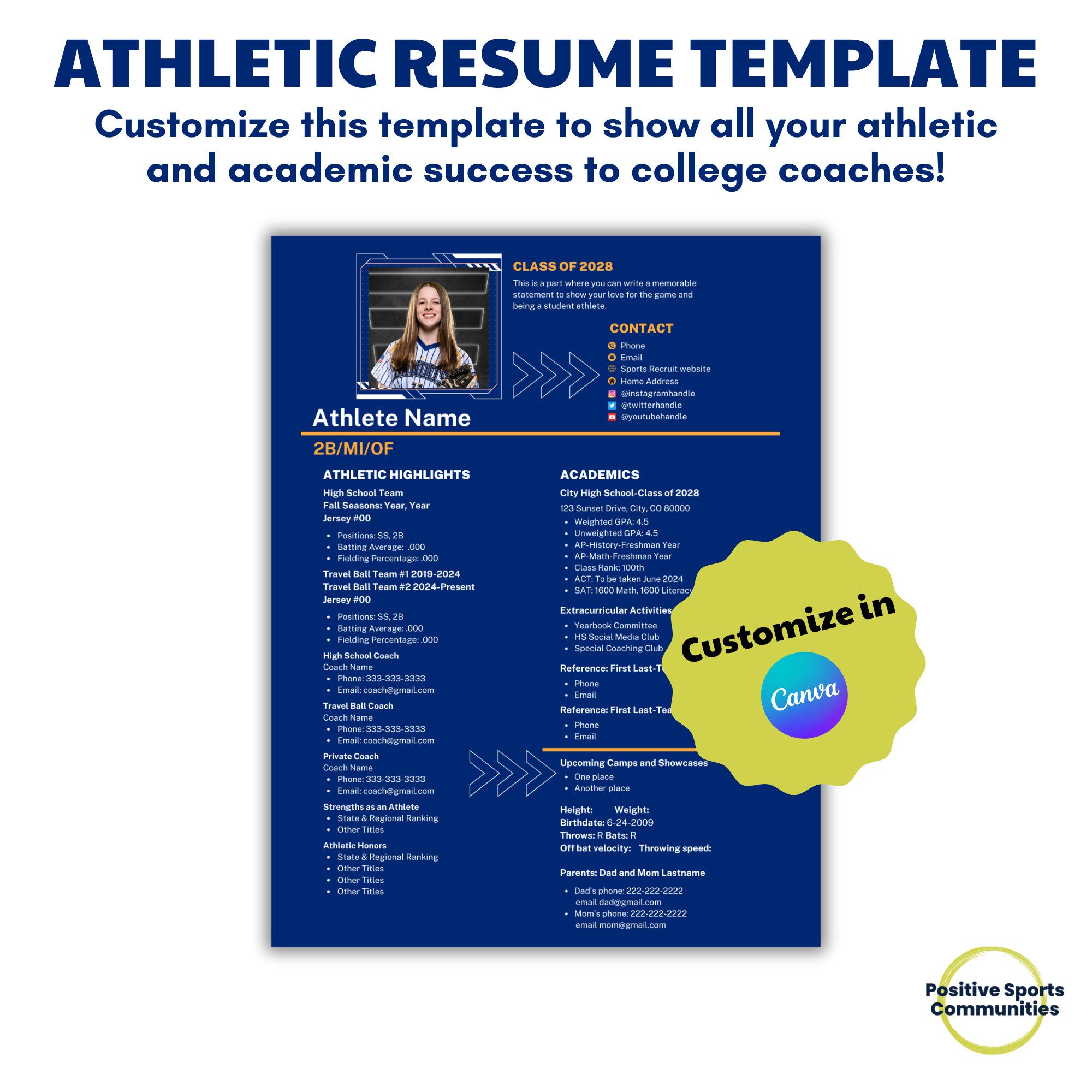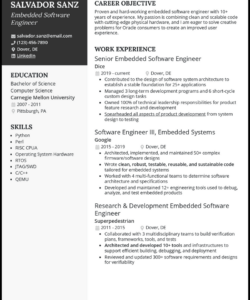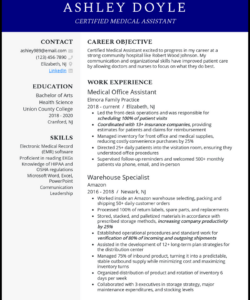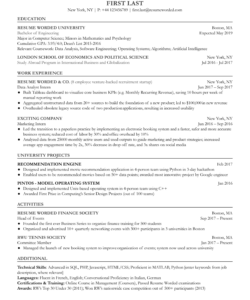Navigating the complex world of college athletic recruiting can feel like a full-time job, especially when you’re also juggling academics and your sport. Many talented student athletes get overlooked not because they lack skill or grades, but simply because they don’t present themselves effectively to college coaches. It’s not enough to be good; you also need to make it easy for coaches to see your potential and understand what you bring to their program, both on and off the field.
This is where a well-crafted student athlete recruiting resume comes into play. Think of it as your personalized marketing document, a concise yet comprehensive overview of your athletic prowess, academic achievements, and character. It’s your first impression, a critical tool that can open doors to conversations with coaches and recruiters who might otherwise never discover you. Having a professional, easy-to-read resume is key to standing out in a crowded recruitment landscape.
Crafting a Compelling Profile: What Goes into Your Recruiting Resume?
When a college coach reviews dozens, if not hundreds, of potential recruits, they need to quickly grasp who you are and if you’re a good fit for their team and institution. Your recruiting resume is designed to provide this snapshot efficiently. It’s not just a list of stats; it’s a narrative that highlights your dedication, your achievements, and your potential as a complete student athlete. The content within needs to be strategic, showcasing your strengths without overwhelming the reader.

Think about the most crucial information a coach would want to know. Naturally, your athletic achievements and statistics are paramount. This includes your specific sport, position, key performance metrics (e.g., goals scored, batting average, personal bests), and any awards or recognitions you’ve received. Equally important, however, are your academic qualifications. Coaches are recruiting students first, then athletes. Your GPA, SAT or ACT scores, challenging coursework, and academic honors demonstrate your ability to succeed in the classroom and meet NCAA eligibility requirements.
Beyond the numbers, your resume should also paint a picture of your character and commitment. Listing leadership roles, volunteer work, or other extracurricular activities provides valuable insight into your personality, work ethic, and ability to contribute positively to a team environment. Including contact information for your current and past coaches allows college coaches to easily gather references and learn more about your coachability and team dynamics. A well-organized student athlete recruiting resume template ensures all these vital elements are presented clearly.
Key Sections to Include
- Academic Profile: GPA, SAT/ACT scores, relevant coursework, academic honors.
- Athletic Profile: Key stats, awards, positions, team achievements, highlight reel link.
- Personal Information: Contact details, high school name, graduation year.
- Coach References: Names, titles, and contact information for past coaches.
- Extracurricular Activities: Leadership roles, volunteer work, club participation.
- Personal Statement/Objective: A brief, compelling summary of your goals and attributes.
Making Your Resume Work for You: Tips for Effectiveness
Having all the right information is only half the battle; how you present it significantly impacts its effectiveness. Your recruiting resume isn’t just a static document; it’s a living tool that should be adapted and refined throughout your recruitment journey. The goal is to make it as easy as possible for college coaches to see your value and imagine you as part of their program.
One crucial tip is to keep your resume concise and easy to digest. Coaches are busy, and a lengthy, cluttered document is likely to be overlooked. Aim for one page, maybe two if you have an extensive athletic and academic record. Use bullet points and clear headings to break up information and enhance readability. Always tailor your resume slightly for the specific program or coach you are sending it to, if possible, highlighting aspects most relevant to their stated needs or team philosophy.
Professionalism in presentation is non-negotiable. This means meticulous proofreading for any typos or grammatical errors, using a clean, readable font, and ensuring consistent formatting. Consider including a professional headshot to make your resume more personal and memorable. Most importantly, integrate links to your online presence, such as your athletic highlight reel on YouTube or a recruiting profile on a dedicated platform. These digital assets are incredibly powerful tools for coaches to see your skills in action.
Remember to update your resume regularly with new achievements, stats, or academic progress. The recruiting process is ongoing, and your resume should reflect your most current and impressive accomplishments. Don’t be afraid to ask your current coaches or a trusted mentor to review it for feedback. Utilizing a strong student athlete recruiting resume template gives you a head start, but personalizing it and keeping it current is what truly sets it apart.
Creating a comprehensive and impactful recruiting resume is a vital step in taking control of your athletic future. It’s your chance to make a strong first impression, to present yourself as not just a talented athlete, but a dedicated student and a valuable asset to any college program. By investing time and effort into this document, you significantly increase your chances of connecting with the right coaches and finding your ideal collegiate home.


